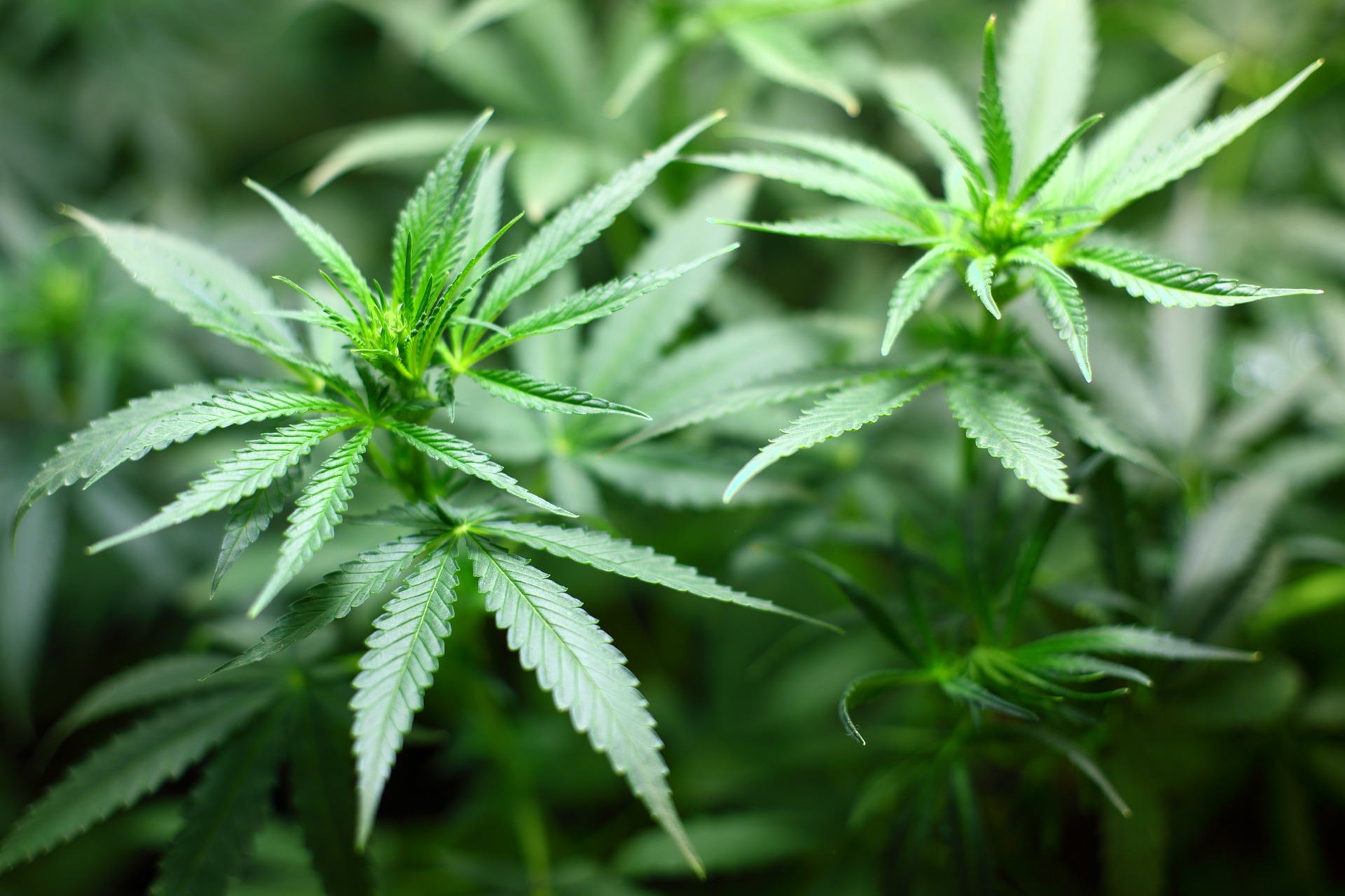The Coast Guard has a message for mariners about to smoke a joint or use CBD (cannabidiol) oil: Don’t risk your job over it — no matter where you live.
The growing number of states where some form of marijuana is legal prompted the agency to issue a bulletin this week reminding everyone that marijuana is still illegal under federal law. Ten states and the District of Columbia have approved recreational marijuana for adults, and more than half of all states have OK’d medical marijuana.
“Along with criminal concerns, testing positive for marijuana or any other dangerous drug triggers serious consequences for mariners, including termination of employment, removal from safety sensitive duties and revocation of merchant mariner credentials,” the Coast Guard said. “Even in circumstances where the Coast Guard settles marijuana use cases, mariners are still required to complete rehabilitation and show a year or more of negative drug tests before returning to service.”
Coast Guard and Department of Transportation (DOT) tests identify as dangerous drug users anyone with significant amounts of THC — which produces the high — metabolized into their systems. THC can stay lodged in fatty tissue for up to 30 days, or longer for habitual users, Mark Meeker, assistant general counsel at American Maritime Safety Inc., a White Plains, N.Y.-based consortium that administers drug and alcohol testing compliance programs for maritime operators, told WorkBoat. Smoking marijuana leaves inactive THC, which is detected in commonly used urine tests. Blood tests can detect active THC.
“While CBD itself will not cause a positive DOT test, CBD products commonly contain psychoactive THC in sufficient amounts to cause a positive drug test,” the Coast Guard said. “Unless and until the drug testing system changes, the best decision a mariner can make is to avoid using marijuana or any products derived from marijuana … The threat to maritime transportation and risk of career disaster are both too great to take the chance.”
Marijuana topped the list of most commonly detected illicit substances among U.S. workers, a recent analysis by Quest Diagnostics shows.
The rate of positive drug tests hit a 14-year high last year, rising from 4.2% in 2017 to 4.4% in 2018 for urine tests — the highest level since 4.5% in 2004 and more than 25% higher than the 30-year low of 3.5% recorded between 2010 and 2012.




